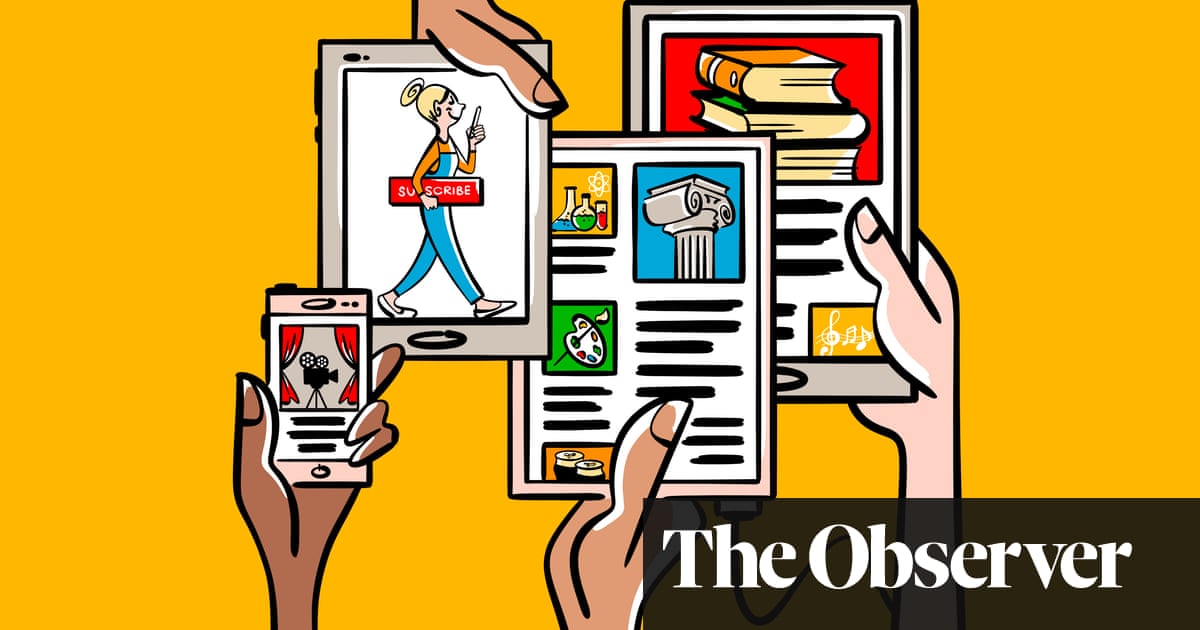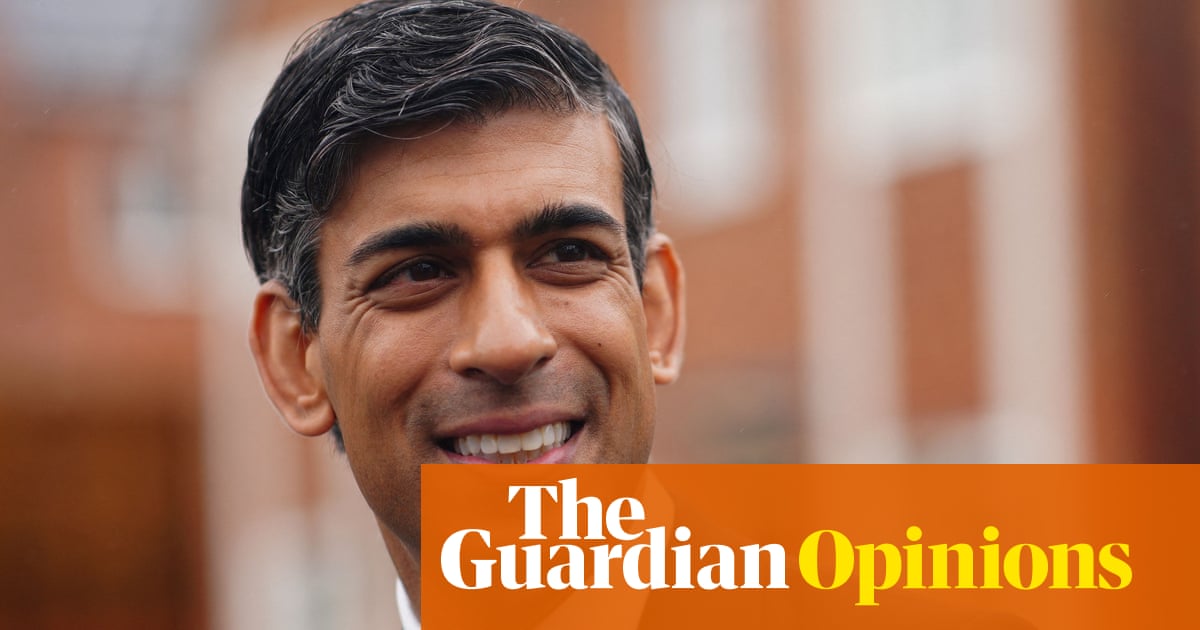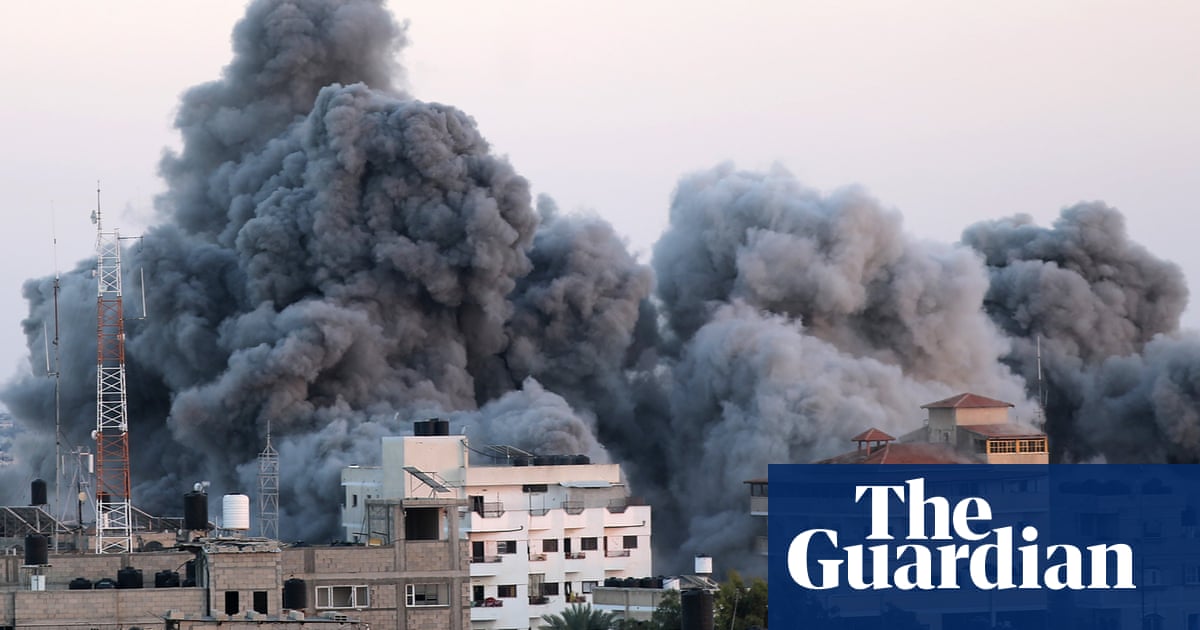
lmost a decade ago, on the morning of my 23rd birthday, I awoke with a pain in my abdomen. I was undergoing treatment for leukemia, my chance of long-term survival 35%. I’d spent the past month in isolation, meaning I wasn’t allowed to leave my hospital room. All visitors donned face masks, and the air was perfumed with the scent of antiseptic and a sense of hypervigilance. Back then, I felt alone in this experience. Of course I wasn’t to know, almost a decade later, that dealing with quarantine, the fear of infection and the sense of distance from others would become so widespread as to be almost universal.
That morning, I didn’t mention the pain to anyone. In fact, I was so desperate to go home that I struggled out of bed and into the chair next to it. I was hoping to embody a picture of health and strength, so the doctors would see no reason to keep me. When they came by, they were half-convinced. I seemed to be improving, they said, but they’d check back later and decide on whether to discharge me then.
Immediately I made the rather premature, entirely aspirational decision to pack my things, pulling down a Vermeer poster my mom had got from a museum gift shop and stuffing my pyjamas and books into a suitcase. As I did, the pain sharpened, and I ran to the bathroom, turned on the water to muffle the sound, then vomited. Even so, my father heard it and called in a nurse. I had colitis – my immune system was misfiring, attacking my digestive tract – and I would have to stay. I was furious at my father, at my medical team, at my fate.
Beneath that anger, I was devastated. A year earlier, I was graduating from university and dreaming up plans – to be a foreign correspondent, to visit new and beautiful places. But instead, I was being thrown a very sad birthday gathering in an empty hospital waiting area. As my parents and a childhood friend sang and I blew out candles, I brooded: None of my plans are coming to pass. I fear they will never come to pass. Someone gave me a teddy bear as a gift, which sent me spinning back into fury. It was such a tender gesture, but I already felt so child-like. Sitting there in a pink zip-up hoodie, with my bald head, I was as dependent on caregivers as I’d been since infancy.
Soon after, I learned that the standard chemo treatments weren’t working, and my doctors began discussing an experimental clinical trial. The life I’d imagined, the person I’d been: buried. Tasks as basic as responding to emails were a struggle; my brain was so flooded with chemo toxins that remembering my own phone number was a challenge. I was treading water, nearly subsumed by loneliness, desperation and almost lethal boredom.
When our lives are dramatically disrupted – by illness, or by a global pandemic, or some other sorrow – it’s important that we create new habits, new goals, new routines and rituals. Trying to apply old ones to such circumstances is a recipe for frustration. We have to reassess our days and what they can contain.
For me, that took the form of what we called the Hundred Day Project: one creative act a day for 100 days. Each morning, my father wrote down a memory of growing up in Tunisia, and my mom painted a ceramic tile that she later assembled into a mosaic she hung above my bed – she called it “Suleika’s shield”. I returned to what I’d always done in difficult moments: keeping a journal. Often it was only a few sentences, sometimes merely an expletive. My journal was a place to speak the unspeakable. It gave me narrative control when I had to cede so much. It taught me that survival is a creative act.
And yet, when I finally emerged from nearly four years of treatment, I learned the brutal lesson that surviving is not the same thing as living. It should have been a celebratory milestone, but I’d never felt more lost. I was suspended in a liminal space where the survival skills I’d honed in the context of illness were no longer appropriate. The world beyond the windows felt overwhelming and frightening. I didn’t have the stamina to work a standard nine-to-five. As much as I wanted to, I couldn’t live like a normal 27 year old; I couldn’t go out dancing with girlfriends, or if I did, I paid for it dearly with three days in bed. I was still wrestling with the wreckage – of the physical and psychological toll of illness, as well as the grief of losing so many fellow cancer comrades.
In Illness as Metaphor, Susan Sontag describes how we all have dual citizenship, in the kingdom of the sick and the kingdom of the well. But there is also the in-between space, which was where I found myself then, and where we all find ourselves now. The Covid-19 virus has left no one unscathed – whether you’ve had it and are suffering from the lingering, long-term effects, whether you’ve lost a loved one, whether you’re reeling from months of disruption and isolation. We’ve been forced into a heightened universal awareness of our mortality. The spectre of Covid hangs over us, dictating how we move through the world.
I recently got my second dose of the vaccine, and along with millions of others, I’m eagerly awaiting a return to gathering and hugging friends, to traveling and moving through the world mask-free. But I know from my own experience that in the wake of such a major life interruption, you can’t return to the pre-existing structures and ways of being. You can’t just fold back into old rhythms.
We have rites of passage that help us honour different phases of life and move from one to the next. Birthdays and barmitzvahs, weddings, baby showers, and funerals are all ritual experiences that help us bridge the distance between no longer and not yet. Re-entry after a traumatic experience like an illness, or a global pandemic for that matter, has no such clear ceremony.
In the aftermath of illness, I had to invent my own. Searching for a path forward, I embarked on a 15,000-mile solo road trip around the United States, traveling across 33 states, visiting 22 strangers who’d written to me while I was sick – I had been publishing pieces about my experiences while ill. I visited a schoolteacher in California grieving the death of her son. I visited a man on death row in Texas. I visited a teenager in Florida who was also recovering from cancer. These encounters taught me the importance of community. They also taught me that you can’t go back to how things were. Recovery becomes an act of discovery.
I didn’t return from that road trip feeling “healed”. To be healed implies that there is some endpoint, rather than an ongoing process. I’ve been cancer-free for six years, but I still have a compromised immune system and still suffer from fatigue. I still feel hypervigilant. I still grieve for fellow cancer patients I befriended while in treatment who have died. And at the moment, I’m back to diligently wearing a face mask.
Maybe the most important thing I learned then, and that I’m relearning now, is our health is not binary. We are not well or unwell, not whole or broken. We all exist somewhere in the messy middle. Striving for some perfect state of wellness is futile. The key is to embrace the in-between, to make of the wilderness a home.












